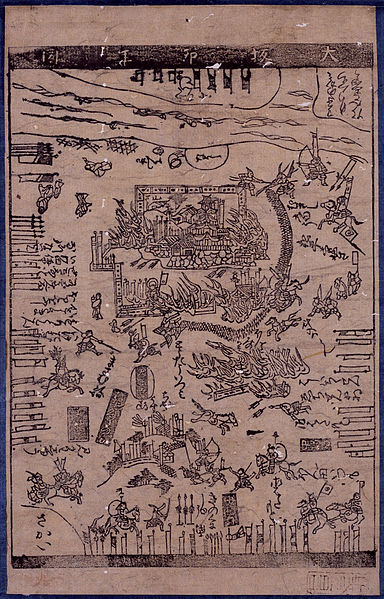Yellow journalism has a notoriously bad reputation. Placing more importance on scandal-mongering and sensationalism than facts has condemned yellow journalism as bad journalism. And some professional journalists dispute whether it is a form of journalism at all.
So, does yellow journalism deserve its bad reputation?
Jim Romenesko addresses this issue, quoting Jack Shafer, who says that yellow journalism “crusaded against the privileged and the powerful; they exposed corruption in government and corporations and [according to media historian John D. Stevens] ‘probably encouraged the rise of magazine muckraking in the early twentieth century.’ The yellow papers also paid reporters well, which is a big plus in their favor.“
In 1883, “Joseph Pulitzer purchases the New York World on May 11, and brings his ‘new journalism’ to New York. Circulation immediately begins to climb,” according to Mitchell Stephens, author of “A History of News.”
Pulitzer’s intent was not to create the trashy tabloids we see by the registers every time we wait in line to check out at the store. Entertainment was the objective.
By 1887, “William Randolph Hearst takes over his father’s failing San Francisco Examiner and transforms it into a sensationalistic, crusading, self-promoting and progressive newspaper,” writes Stephens. However, this type of scandalous journalism was introduced as early as 1615 in Japan with kawaraban newssheets printed from engraved inked tiles. Kawaraban (also known as title sheets) were filled with gossip, scandal and sensationalism.
Now, we have tabloids, gossip sites (like Perez Hilton), celebrity news ( like E! News), etc.
Whether yellow journalism deserves its bad reputation – with topics ranging from outrageous to comical to morbid (like The Enquirer’s prediction of Michael Jackson’s death in 2009) – the bottom line is: consumers respond to its sensationalism. And while gossip sites may not be the most fact-based or reliable sources, consumers are aware of this.
Yellow journalism is effective in getting the readers attention and arousing curiosity. It continues to thrive. People will continue to purchase tabloids such as OK! and STAR magazine because they respond to sensationalism.
So, if yellow journalism is effective, what’s so bad about it?




Leave a response